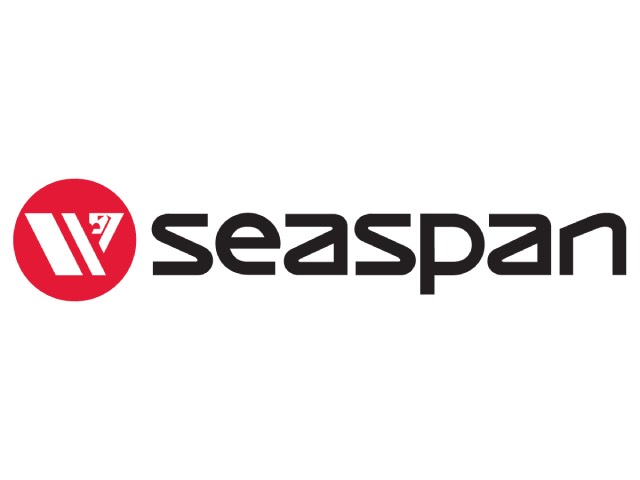Seaspan Corporation and Mærsk Mc-Kinney Møller Center for Zero Carbon Shipping formalized their collaboration by signing a Partnership Agreement. With the Agreement, Seaspan becomes a strategic partner to the Center, committing to a long-term collaboration about the development of zero carbon technologies for the maritime industry.
Through the partnership, Seaspan will join forces with the Center and other leading players across the shipping sector to develop new alternative fuels and carbon neutral solutions.
As a partner Seaspan will directly contribute through secondments of R&D- and Shipping experts as well as make available test capacity at own vessels in relevant projects and activities. Furthermore, Peter Jackson, Vice President Projects & Technology will be representing Seaspan Corporation in the Center’s Advisory Board providing strategic and technical guidance for the further development of Center activities.
In welcoming Seaspan Corporation on board, CEO Bo Cerup-Simonsen says: “The establishment of a credible Industry Transition Strategy for zero carbon shipping in 2050 with identification of risks and development needs, requires a deep understanding of the shipping business and dynamics. Seaspan brings tremendous technical and commercial expertise to our joint activities, enabling an acceleration of the development of the overall transition narrative as well as tomorrow’s solutions for shipping. We truly look forward to the collaboration.”
Seaspan Corporation COO, Torsten Holst Pedersen, says: Seaspan is very pleased to come onboard with the Center to join the charge toward zero carbon shipping. The Center exemplifies the type of industry-wide collaboration that is required to achieve significant change. We’re excited to contribute our expertise, and to learn and benefit from the knowledge of our partners as we work to collectively develop the future of shipping”.
Shipping’s road map to decarbonization
With 70.000 ships consuming m300Tons fuel p.a. global shipping accounts for around 3% of global carbon emissions, a share that is likely to increase as other industries tackle climate emissions in the coming decades.
Achieving the long-term target of decarbonization requires new fuel types and a systemic change within the industry. Shipping is a globally regulated industry, which provides an opportunity to secure broad-based industry adoption of new technology and fuels.
To accelerate the development of viable technologies a coordinated effort within applied research is needed across the entire supply chain. Industry leaders play a critical role in ensuring that laboratory research is successfully matured to scalable solutions matching the needs of industry. At the same time, new legislation will be required to enable the transition towards decarbonization.









































